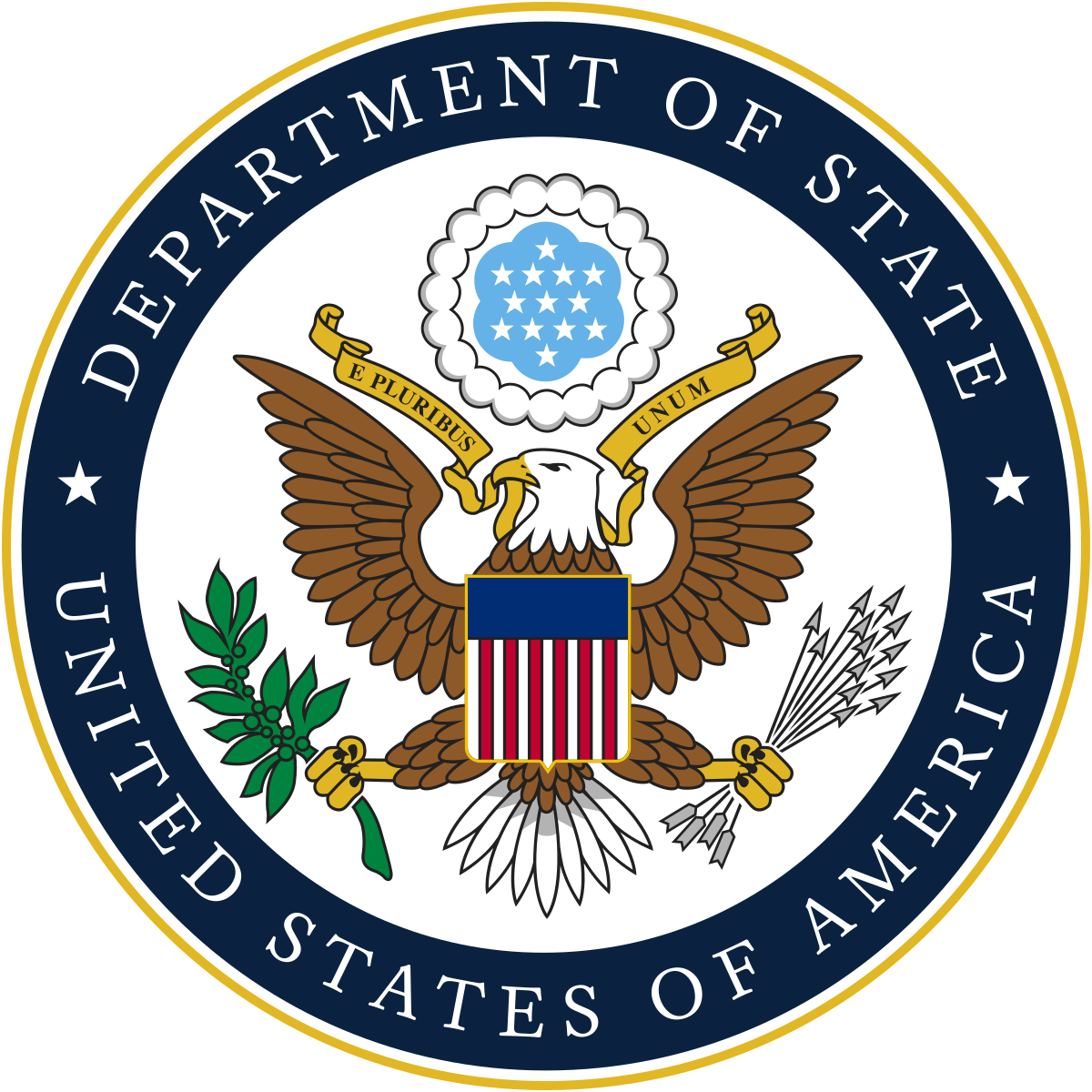Reissued September 24, 2024, to emphasize the danger to U.S. citizens living in or traveling to Venezuela.
Do not travel to Venezuela due to the high risk of wrongful detentions, terrorism, kidnapping, the arbitrary enforcement of local laws, crime, civil unrest, poor health infrastructure.
Country Summary: In March 2019, the U.S. Department of State withdrew all diplomatic personnel from U.S. Embassy Caracas and suspended operations. All consular services, routine and emergency, remain suspended until further notice. The U.S. government has no ability to provide emergency services to U.S. citizens in Venezuela. U.S. citizens in Venezuela who require consular assistance should leave the country as soon as safely possible and should contact a U.S. embassy or consulate in another country.
The Department has determined there is a high risk of wrongful detention of U.S. nationals in Venezuela. Security forces have detained U.S. citizens for up to five years. The U.S. government is not generally notified of the detention of U.S. citizens in Venezuela or granted access to U.S. citizen prisoners there.
Violent crimes, such as homicide, armed robbery, kidnapping, and carjacking, are common in Venezuela. Political rallies and demonstrations occur, often with little notice. Police and security forces have instituted a brutal crackdown on anti-Maduro demonstrations, including the use of tear gas, pepper spray, and rubber bullets against participants, and which occasionally devolve into looting and vandalism.
Colombian terrorist groups operate in Venezuela’s border areas with Colombia, Brazil, and Guyana.
Shortages of gasoline, electricity, water, medicine, and medical supplies continue throughout much of Venezuela.
Read the country information page for additional information on travel to Venezuela.
If you decide to travel to Venezuela:
- Avoid travel to Venezuela via any means, including via land border crossings. Nighttime travel between cities or between Simón Bolívar International Airport and Caracas is unsafe. Entering or attempting to enter Venezuela without a valid Venezuelan visa can lead to indefinite detention without consular access. Visas are not available upon entry. U.S. citizens in Venezuela face a high risk of indefinite detention without consular access.
- U.S. citizens in Venezuela should draft a will and designate appropriate insurance beneficiaries and/or power of attorney.
- U.S. citizens in Venezuela should develop a communication plan with family and/or an employer or host organization. A plan should include a “proof of life” protocol with loved ones so that if you are taken hostage, your loved ones will know specific questions (and answers) to ask the hostage-takers to be sure that you are alive (and to rule out a hoax).
- U.S. citizens’ contingency plans for travel to Venezuela should not rely on U.S. government assistance.
- The U.S. government cannot assist U.S. citizens in Venezuela in replacing lost or expired travel documents.
- Travelers face an increased risk using unregulated taxis from the Maiquetia “Simón Bolívar” International Airport and ATMs in the area.
- U.S. citizens in Venezuela should consider hiring a professional security organization.
- Over the counter and prescription medicines are unlikely to be available to U.S. citizens in Venezuela.
- The U.S. government will not be able to assist should the need for a medical emergency or evacuation arise. U.S. citizens in Venezuela should consider purchasing medical evacuation insurance.
- Visit our website for Travel to High-Risk Areas.
- Enroll in the Smart Traveler Enrollment Program (STEP) to receive Alerts.
- Follow the Department of State on Facebook and X.
- Review the Country Security Report for Venezuela.
- Visit the CDC page for the latest Travel Health Information related to your travel.
- Review the Traveler’s Checklist.

 By U.S. Department of State (U.S., Travel Advisories) | Created at 2024-09-24 18:23:46 | Updated at 2024-09-30 05:31:10
6 days ago
By U.S. Department of State (U.S., Travel Advisories) | Created at 2024-09-24 18:23:46 | Updated at 2024-09-30 05:31:10
6 days ago


